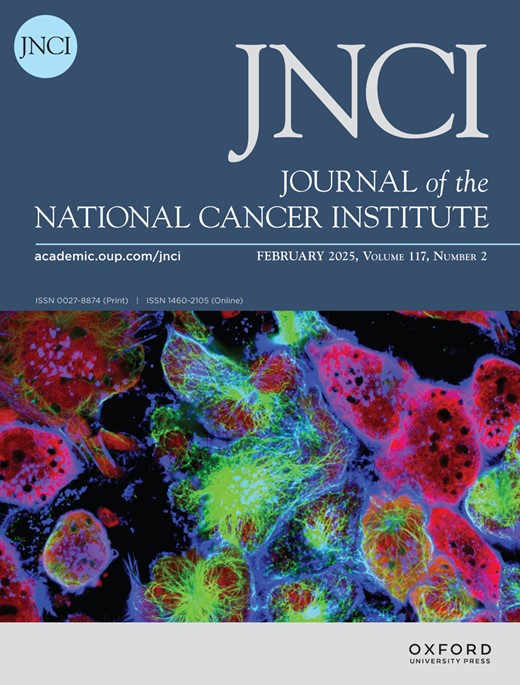
This study analyzed EHR metadata from 15,653 oncology physicians across multiple subspecialties using Epic EHR systems from 2019-2022. The research quantifies the increasing EHR burden on oncologists, particularly focusing on inbox message volume and time spent in EHR systems, with implications for physician burnout and well-being.

- Total message volume for oncologists increased 19.0% from 2019 to 2022, with patient-initiated messages showing an even larger increase of 34.0%.
- Total EHR time increased 16.2% during the study period, with “work outside of work” EHR time increasing 12.1%.
- Medical oncologist/hematologists experienced the highest inbox volume, patient-message volume, and total EHR time among all oncology subspecialties.
- The study spans pre-pandemic and pandemic periods, suggesting COVID-19 may have accelerated the trend toward increased digital communication.
- The findings establish a quantitative baseline for measuring EHR burden specifically in oncology, which was previously lacking in literature.

- Patient Communication: The significant increase in patient-initiated messages (34.0%) indicates shifting patient expectations toward digital communication that practices must accommodate. Oncology practices may need to develop message triage protocols to ensure critical clinical communications aren’t lost amid increased volume.
- Practice Integration: Practices should evaluate workflows to reduce redundant documentation and messaging, potentially by enhancing team-based care models. Consider implementing dedicated EHR time during clinical sessions to reduce after-hours work, which increased 12.1% during the study period.
- Risk Management: The increasing volume of uncompensated digital work represents a burnout risk factor that practice leaders should monitor and address.
- Action Items: Oncology departments should baseline their own physicians’ EHR time metrics and compare against national benchmarks from this study. Explore EHR optimization services, inbox management tools, or scribes to reduce documentation burden.
More on Physician Burnout
 PATIENT EDUCATION
PATIENT EDUCATION  OBESITY/WEIGHT MANAGEMENT
OBESITY/WEIGHT MANAGEMENT  EXERCISE/TRAINING
EXERCISE/TRAINING  LEGAL MATTERS
LEGAL MATTERS  GUIDELINES/RECOMMENDATIONS
GUIDELINES/RECOMMENDATIONS